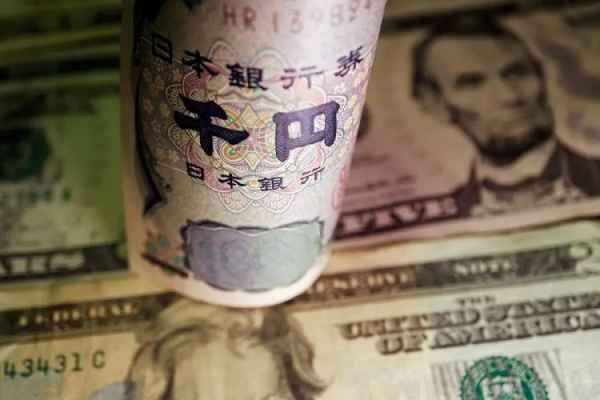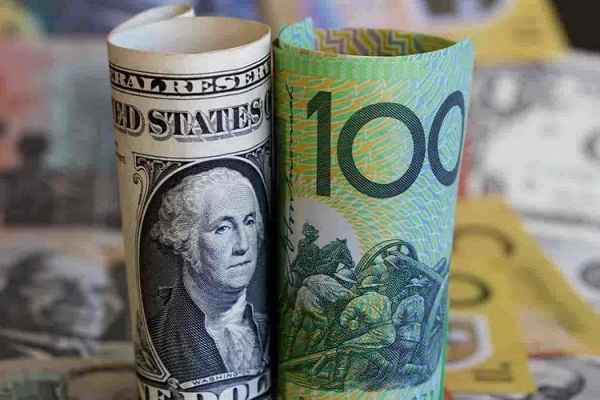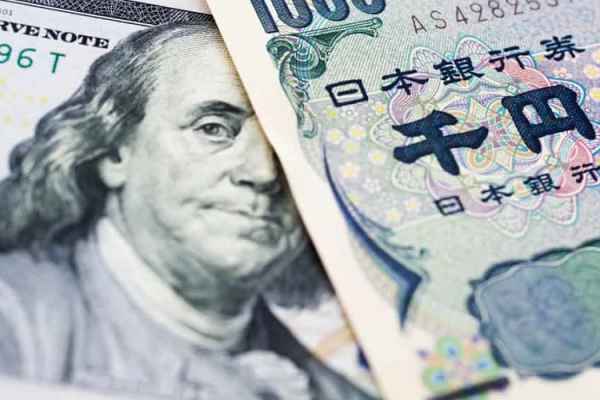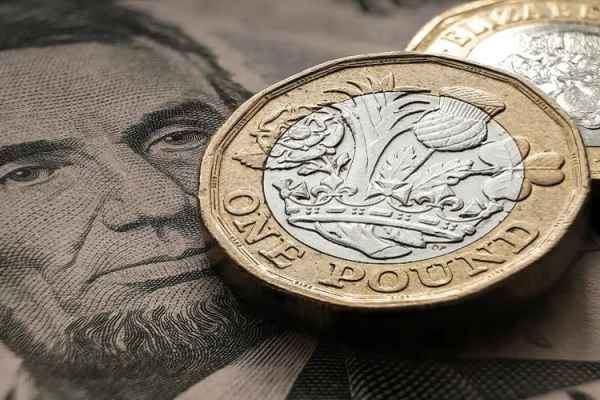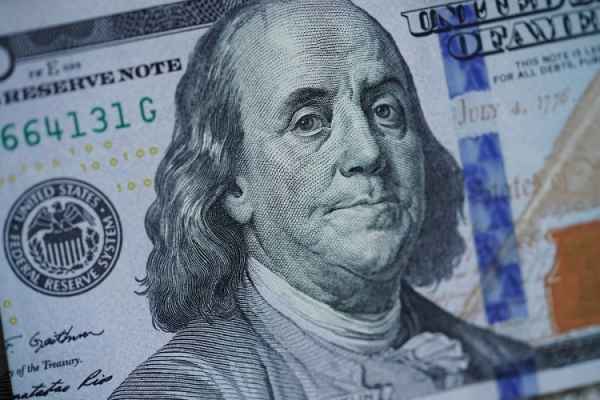This week's FOMC meeting will discuss The Fed's interest rate decision and the latest economic projections that can affect the US dollar exchange rate.
The US Dollar Index (DXY) slowed its decline in Tuesday's (March 21) Asian trading session, hovering around the 103.40 range. Trading was relatively quiet due to the holiday in Japan. Meanwhile, market participants are awaiting the FOMC (Federal Open Market Committee) meeting on March 21-22, 2023, where Fed officials will discuss the interest rate decision and the latest economic projections.
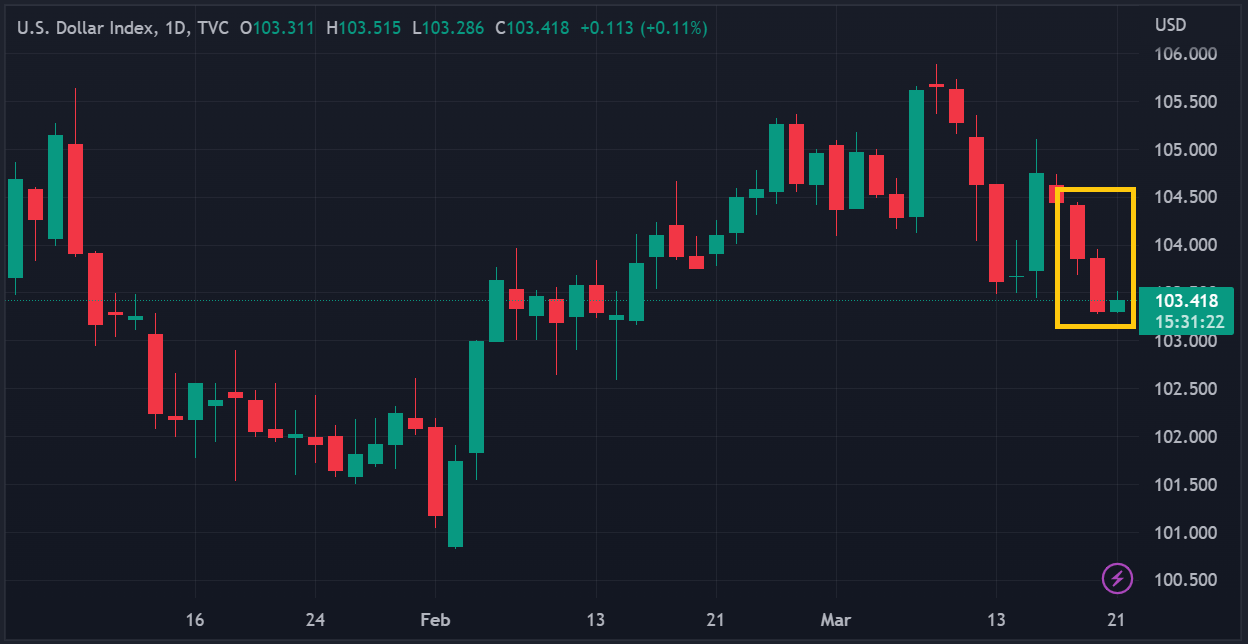 DXY Daily chart via TradingView
DXY Daily chart via TradingView
The FedWatch CME data shows market participants are now factoring in a 75% chance of a 25 basis points increase in The Fed's interest rate this week. However, there is also a 25% chance that The Fed will not change interest rates.
Market expectations for the terminal interest rate of The Fed have also declined. Expectations reached a peak of 5.50% after The Fed Chair's testimony some time ago, but now it is only around 4.80%.
Considering that The Fed's current interest rate is in the range of 4.50-4.75%, the terminal expectation of around 4.80% indicates that only two scenarios are left. The first, more hawkish, is that The Fed will raise interest rates by 25 bps this week and not raise them again in the coming months. The second, which is more dovish, is that The Fed will suspend the rate hike starting this week.
"The volatility in interest rates and broader asset markets in recent times has been extraordinary," said John Velis, a macro and FX strategist at BNY Mellon, as reported by Reuters. "It has clouded the picture for the March FOMC meeting and beyond. One of the consequences is a substantial recalibration...of expectations for interest rates in the future."
Uncertainty hinders the US dollar from rising or falling significantly before the FOMC announces its decision. Overall, market sentiment is also relatively fragile amid the turmoil of the global banking crisis, causing many traders to remain extra cautious.
Following news of Silicon Valley Bank's collapse and Credit Suisse's acquisition by UBS, market participants continue questioning which other banks may fall. Fortunately, the firmness of major central banks has so far dampened market panic.
"Markets remain nervous, but the rapidity of policymakers' response to the evolving banking sector risks is heartening," said Alvin Tan, head of Asia FX strategy at RBC Capital Markets.

 Dedicated FREE FOREX VPS
Dedicated FREE FOREX VPS Free FOREX Virtual Private Server
Free FOREX Virtual Private Server MT4 Demo Contest, Get $500
MT4 Demo Contest, Get $500 Sign Up for an Account, Claim 60% Deposit Bonus
Sign Up for an Account, Claim 60% Deposit Bonus Free MT4/MT5 VPS 2024
Free MT4/MT5 VPS 2024 Send E-mail and Get Free Merchandise
Send E-mail and Get Free Merchandise $1K Refer a Friend Bonus for Pepperstone Pro clients
$1K Refer a Friend Bonus for Pepperstone Pro clients Maximize Your Earnings with 100% Deposit bonus
Maximize Your Earnings with 100% Deposit bonus Trade to Win, $5,000 Monthly Demo Contest
Trade to Win, $5,000 Monthly Demo Contest Claim 30% + 15% Deposit Bonus from LiteFinance
Claim 30% + 15% Deposit Bonus from LiteFinance
